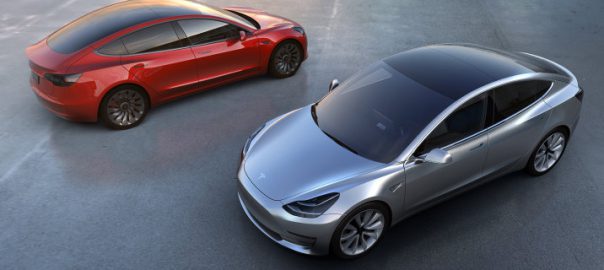With oil prices at multi-year lows, conventional wisdom suggests an interest in electric vehicles (EVs) will wane. Perhaps surprisingly, the opposite is happening.
Whilst registrations for diesel and petrol vehicles have plunged in the UK year on year, registrations for electric vehicles have more than doubled in the midst of the global pandemic. Analysts don’t see the long-term trend toward the electrification of transport reversing. It isn’t only consumer demand driving EV sales.

One of the main reasons fossil fuel vehicles may have finally reached the end of the road is that the electrification of fleets is accelerating.
Why Now?
According to Bloomberg, “now we know that clear skies and silent streets can come about with shocking speed.” Up to 2.6 billion metric tons of carbon dioxide emissions have been prevented due to recent lockdowns—a historic record—that has caused many people to envision a world without air and noise pollution. It’s also inspired many companies to push for a green recovery and spurred the UN to call on Governments to “Build Back Better.” Even before the current crisis, some of the biggest delivery fleets in the world were already thinking green. Last September, online retailing giant Amazon ordered 100,000 electric delivery vans from EV-maker Rivian, while UPS recently announced plans to invest in 20,000 electric trucks from UK’s Arrival. According to BloombergNEF (BNEF), by 2040, 56 per cent of light commercial and 31 per cent of medium commercial vehicle sales will be electric.
Read more: Fleet Point
It’s Time to Go Green!
If you would like to know more about Solar Panels and the PowerBanx range of home battery systems, and get a free instant quote, please complete our online form:

